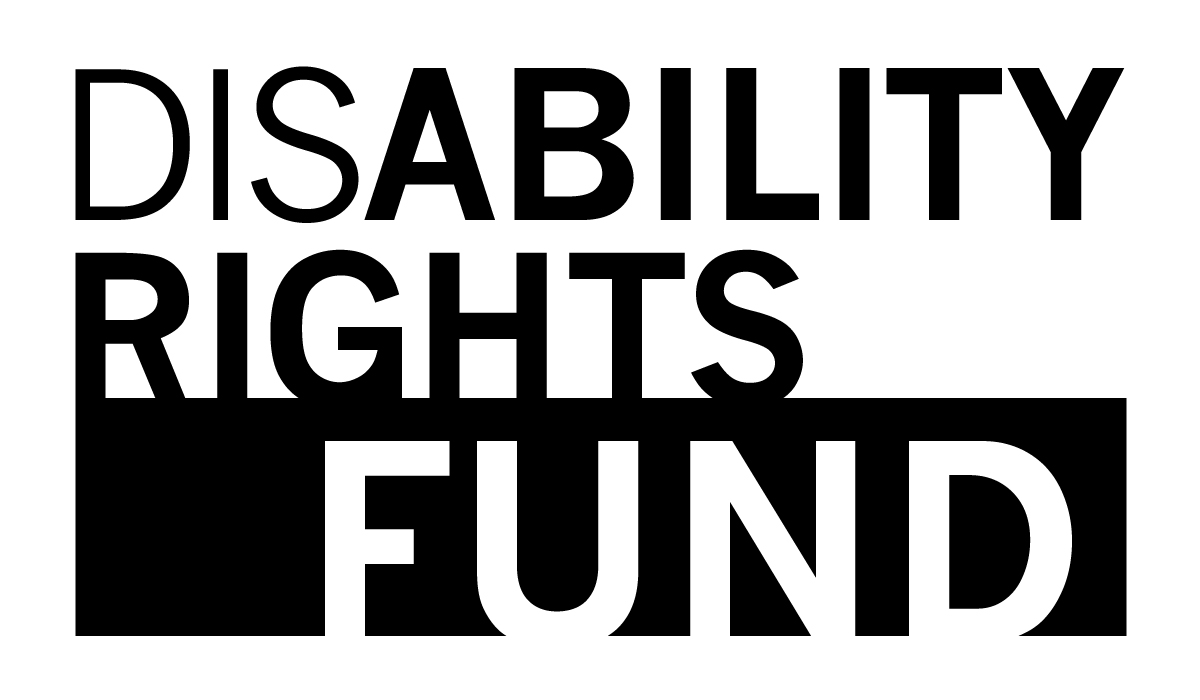Grantee Stories
COVID-19 may be the greatest test yet of Article 11 of the Convention on the Rights of Persons with Disabilities (CRPD). Across the globe, the Disabled Persons Organizations (DPOs) we support are on the frontlines of advocating for an inclusive response to the pandemic so that no one is left behind. They’ve had some hard-won victories but also many challenges, and over the next few weeks we’ll be highlighting some of both.
We’ve spoken with DPOs and DRF/DRAF stakeholders from Rwanda, Uganda, Malawi, Samoa, Nepal, Indonesia, and Haiti about their efforts to make life-saving prevention messages accessible to everyone and about their growing concern for some of their group members who, living in extreme poverty and now under lockdown, are running out of food and medical supplies. The DPOs also report an uptick in violence against women with disabilities during this time of unrest and isolation, and they’re worried about persons with disabilities living in crowded institutions and psychiatric hospitals who are at increased risk of infection.
The protection of persons with disabilities during a humanitarian crisis is a right guaranteed under Article 11. According to a joint statement issued this month by the chair of the United Nations Committee on the Rights of Persons with Disabilities and the special envoy of the United Nations Secretary-General on Disability and Accessibility, this means that governments must ensure “access to the highest attainable standard of health without discrimination, general well-being and prevention of infectious diseases, and measures to ensure protection against negative attitudes, isolation, and stigmatization that may arise in the midst of a crisis.”
Here are our reports from the field about how governments are and are not living up to this mandate and what the impact has been on persons with disabilities. These reports are part of participatory media-making initiative we are launching in collaboration with international documentary filmmaker Jody Santos, who has dedicated her career to the rights of persons with disabilities. During this pandemic, we are using this time to pilot these stories together, ultimately intending to put cameras and other storytelling tools directly into the hands of our grantees as a way to challenge cultural narratives about disability and to amplify the voices of the DPOs in the Global South. You’ll hear more about this work in the months ahead.
Stories from DRF/DRAF grantees and stakeholders
Nuanua O Le Alofa (NOLA) Read about the advocacy efforts from NOLA in Samoa towards having the first ever Sign Language Interpreter accompany the Prime Minister during daily COVID-19 briefings
Albinism Umbrella (AU) and Organization for the Integration and Promotion of People with Albinism (OIPPA) Read about how the pandemic will have detrimental effects to persons with albinism in Uganda and Rwanda and how AU and OIPPA are handling these issues
National Indigenous Disabled Women Association Nepal (NIDWAN Nepal) Read the interview with Pratima Gurung about issues faced by the indigenous community in Nepal during COVID-19
Indonesian Mental Health Association (IMHA) Read the interview with Yeni Rosa Damayanti about how COVID-19 affects persons with psychosocial disabilities in Indonesia
Malawi Union of the Blind (MUB) Read the interview with Ezekiel Kumwenda on the experience of persons with visual impairments during COVID-19
Indonesia grantees Read about how 19 Indonesian disabled persons organizations came together through WhatsApp to continue their advocacy amid the pandemic.
To learn more about Jody, visit her website Journo4Justice.
To read more about ongoing efforts from DRF/DRAF grantees and stakeholders during this difficult time, visit our frequently updated page.
